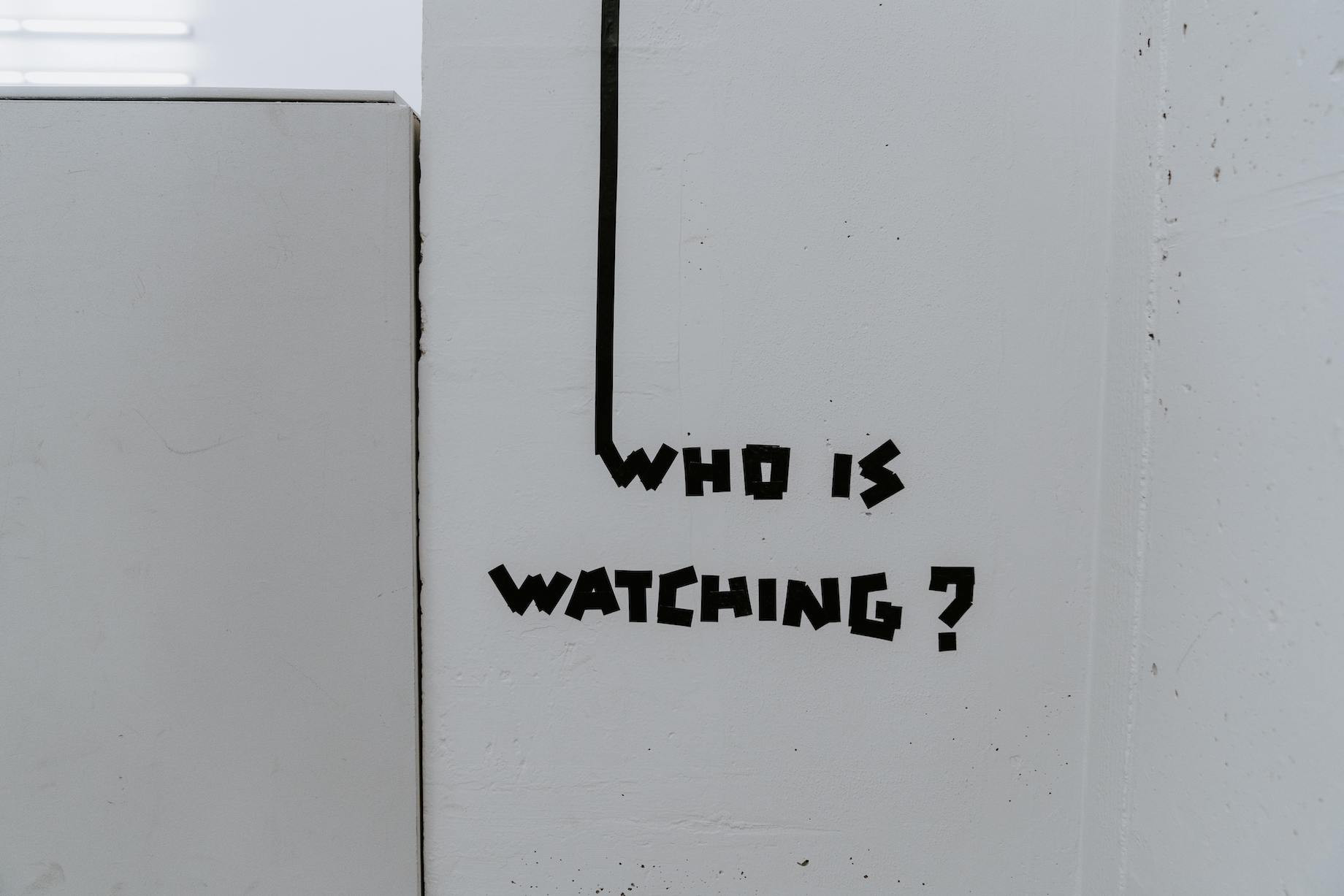Time Tracking ✅— Surveillance 🤬
Caroline Anber • April 24, 2020

Our privacy is sacred. We live in a world where our lives are constantly broadcast through social media. There are aspects of your life you want to share, like the photo of the delicious salad you ordered for lunch or a quote from your favourite song. Other aspects, you just want to keep to yourself. In the workplace, however, open communication between you and your employees is crucial in order to understand the work being done. Trust is important, but many employees feel that increased surveillance is impeding on their right to privacy.
David Heinemeier Hansson, creator of Ruby On Rails and co-founder of CTO of Basecamp, tweeted a strong opinion related to employee time tracking that sparked interest among our team at Clockk.
This shit is incredibly abusive and should be outlawed under a basic right to privacy for employees. Disgusting pitch, disgusting surveillance. https://t.co/ylcjN5gwaL
— DHH (@dhh) April 23, 2020
The “shit” that DHH referenced in his tweet is an employee time tracking tool called Time Doctor. In their Instagram ad, they asked this question:
Do You Know What Your Employees Are Doing When You’re Not There?...hopefully they are working productively, but do you really know for sure?
Every employer has asked themselves this. But as you ponder the question above, we believe you should also ask: Should you know everything your employees are doing? Why do you feel this level of observation is important? How do productivity and morale relate in your context? We believe that employee privacy is a right, not a privilege.
If you feel you need to use a tool like Time Doctor to watch what your employees are doing, you don’t have an employee problem; you have a management problem.
Nice to see invasive, ethically-impaired tech vendors cater to the same kind of "leaders" of decades past who went around every desktop PC to delete Solitaire from Windows 95 🙄😒
— Michael Urbonas (@mikeurbonas) April 23, 2020
If there is trust between your management and your employees, tracking their every move shouldn’t be necessary. If you notice poor productivity, there is probably a reason, and their reason isn’t necessarily malevolent.
It’s also so fucking dumb to measure people on butt-in-chair time when you should be focusing on outcomes. 🤦♂️
— Tobie Langel (@tobie) April 23, 2020
As Tobie Langel (@tobie) mentions in his reply, the time spent on a project doesn’t necessarily indicate the outcome. Is your employee struggling with a new project? Have they recently been promoted to a position they aren’t yet comfortable in? Maybe they aren’t happy with their job and don’t have access to the resources to become comfortable. A competent manager would notice very quickly that an employee is slipping. A good manager would help them find a way to thrive.
You aren’t using time tracking properly if it is creating a culture of fear in the workplace. Is bludgeoning your employees into submission by tracking their every move really the best way to create a productive workplace for your staff? Probably not. Twitter users Sean Upton-McLaughlin (@SeanUM_China) and Wojtek Borowicz (@wojtekborowicz) voice this idea in their replies.
I'd say its the employer's job to motivate their employees as well as hire the ones who are prepared to do the job.
— Sean Upton-McLaughlin (马培善) (@SeanUM_China) April 23, 2020
If you think an employee is being unproductive, showing you don't trust them at all via restrictive micromanagement measures will not make things better.
'an app to help my team be more productive'
— Wojtek Borowicz (@wojtekborowicz) April 23, 2020
ah, nothing enhances productivity quite like having your privacy violated.
Micromanagement doesn’t solve productivity issues. A good manager creates an environment where their staff wants to learn, explore and try new things. If people are fearful of losing their jobs, they won’t have the confidence to take risks. If they don’t feel that their creativity is trusted and valued, employees will only do the minimum in order to keep their position. By micromanaging, employers suppress creative ideas that could improve their company. A thriving staff will challenge themselves and each other to do more and to do better.
If "upper management" do not trust their employees, maybe they should just do all of the work themselves.
— Dave Kimura (@kobaltz) April 23, 2020
After all, as Dave Kimura (@kobaltz) implies, motivated employees are essential to the success of a company.
The only time employee tracking might be appropriate is in a workplace where the employees are highly interchangeable, such as a call centre or a factory. In a workplace where employees are being replaced quickly and tasks are repetitive, it’s more understandable to consider time tracking. If you expect to lose 30% of your new hires, tracking might be the easiest way to determine who should stay and who should go. But, even then, consider spot checks as an alternative. They are far less invasive for employees and can be every bit as effective as surveillance.
Surveillance is not necessary to keep productivity high. Empathizing with and trusting your employees creates an efficient and productive workplace. So to answer the question: Should you know everything your employees are doing when you aren’t there? Most likely, no. Trusting and respecting your employees is the right track to a productive workplace.
You don't need any tracking tools to be a good manager. But not all time tracking software is evil. Clockk is an automated time tracking tool, but its trackers are completely in the employee's control. Employers never see what Clockk tracks. The tracking exists solely to make the mundane task of completing time sheets easier and to make employees’ lives a little happier. For more on how Clockk protects your privacy, read our privacy promise.
Ready to save time and find unbilled hours? Get Started